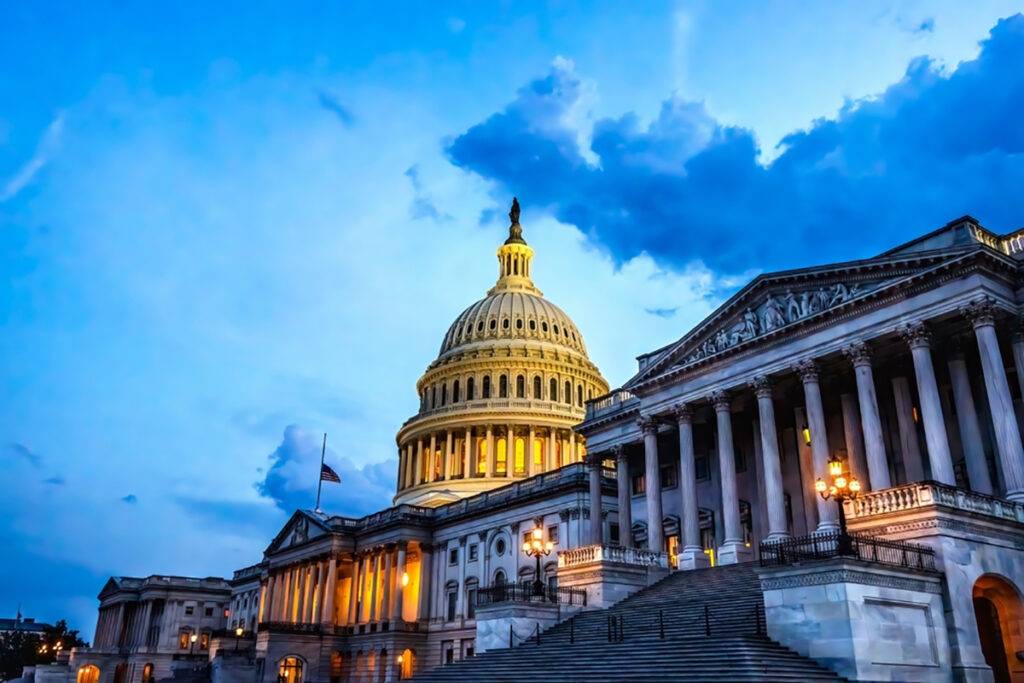
With more than 6 million S Corporation returns filed each year, we'll break down the
6 min read

The Senate passed their version of the One Big Beautiful Bill Act (OBBB) on July 1, 2025 with a 50 to 51 vote (the Vice President broke the tie). The Senate version of OBBB introduces significant modifications to the House bill. The House and the Senate have begun negotiations to reconcile their differences and plan on meeting the President’s deadline to have signature-ready legislation on his desk by July 4th. There are 100 tax provisions in OBBB. Here are the highlights of a few of the proposed changes.
Client Impact: Provides certainty for capital-intensive client planning
The Senate version provides a more generous phase-out schedule for IRA tax credits:
Client Action Required: Energy clients should accelerate project development to capture credits before phase-out completion.
The Senate’s version represents a more fiscally conservative approach on individual provisions while being significantly more generous to businesses through permanent (rather than temporary) extensions of critical provisions. The permanent restoration of R&D expensing and EBITDA-based interest deductions provides the long-term planning certainty that businesses have demanded since the 2022 tax changes.
Stay alert for rapid developments as House and Senate leadership work toward their July 4th deadline. The narrow Republican majority in both houses of Congress means a defection of one or two Republicans in the House or Senate could reshape the entire package.
This analysis is based on the legislative text released July 1, 2025. Tax professionals should monitor developments closely as negotiations continue.






Subscribe to our news, analysis, and updates to receive 10% off your first purchase of an on-demand digital CPE course.